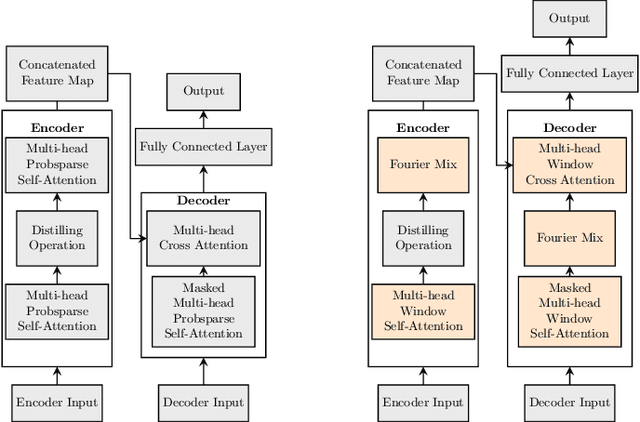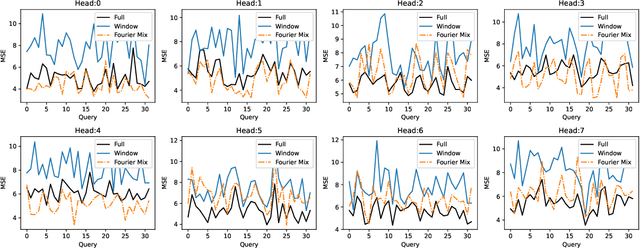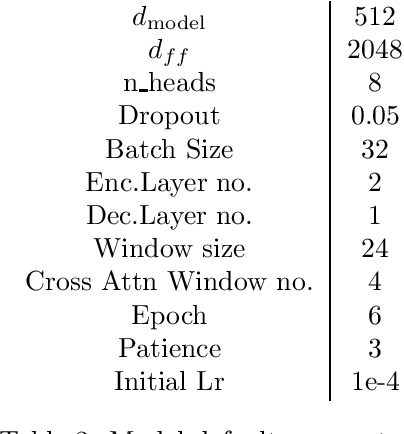Nhat Thanh Tran
Deep Image Prior with L0 Gradient Regularizer for Image Smoothing
Jan 19, 2026Abstract:Image smoothing is a fundamental image processing operation that preserves the underlying structure, such as strong edges and contours, and removes minor details and textures in an image. Many image smoothing algorithms rely on computing local window statistics or solving an optimization problem. Recent state-of-the-art methods leverage deep learning, but they require a carefully curated training dataset. Because constructing a proper training dataset for image smoothing is challenging, we propose DIP-$\ell_0$, a deep image prior framework that incorporates the $\ell_0$ gradient regularizer. This framework can perform high-quality image smoothing without any training data. To properly minimize the associated loss function that has the nonconvex, nonsmooth $\ell_0$ ``norm", we develop an alternating direction method of multipliers algorithm that utilizes an off-the-shelf $\ell_0$ gradient minimization solver. Numerical experiments demonstrate that the proposed DIP-$\ell_0$ outperforms many image smoothing algorithms in edge-preserving image smoothing and JPEG artifact removal.
SEMA: a Scalable and Efficient Mamba like Attention via Token Localization and Averaging
Jun 10, 2025Abstract:Attention is the critical component of a transformer. Yet the quadratic computational complexity of vanilla full attention in the input size and the inability of its linear attention variant to focus have been challenges for computer vision tasks. We provide a mathematical definition of generalized attention and formulate both vanilla softmax attention and linear attention within the general framework. We prove that generalized attention disperses, that is, as the number of keys tends to infinity, the query assigns equal weights to all keys. Motivated by the dispersion property and recent development of Mamba form of attention, we design Scalable and Efficient Mamba like Attention (SEMA) which utilizes token localization to avoid dispersion and maintain focusing, complemented by theoretically consistent arithmetic averaging to capture global aspect of attention. We support our approach on Imagenet-1k where classification results show that SEMA is a scalable and effective alternative beyond linear attention, outperforming recent vision Mamba models on increasingly larger scales of images at similar model parameter sizes.
FWin transformer for dengue prediction under climate and ocean influence
Mar 10, 2024Abstract:Dengue fever is one of the most deadly mosquito-born tropical infectious diseases. Detailed long range forecast model is vital in controlling the spread of disease and making mitigation efforts. In this study, we examine methods used to forecast dengue cases for long range predictions. The dataset consists of local climate/weather in addition to global climate indicators of Singapore from 2000 to 2019. We utilize newly developed deep neural networks to learn the intricate relationship between the features. The baseline models in this study are in the class of recent transformers for long sequence forecasting tasks. We found that a Fourier mixed window attention (FWin) based transformer performed the best in terms of both the mean square error and the maximum absolute error on the long range dengue forecast up to 60 weeks.
Fourier-Mixed Window Attention: Accelerating Informer for Long Sequence Time-Series Forecasting
Jul 02, 2023



Abstract:We study a fast local-global window-based attention method to accelerate Informer for long sequence time-series forecasting. While window attention is local and a considerable computational saving, it lacks the ability to capture global token information which is compensated by a subsequent Fourier transform block. Our method, named FWin, does not rely on query sparsity hypothesis and an empirical approximation underlying the ProbSparse attention of Informer. Through experiments on univariate and multivariate datasets, we show that FWin transformers improve the overall prediction accuracies of Informer while accelerating its inference speeds by 40 to 50 %. We also show in a nonlinear regression model that a learned FWin type attention approaches or even outperforms softmax full attention based on key vectors extracted from an Informer model's full attention layer acting on time series data.
 Add to Chrome
Add to Chrome Add to Firefox
Add to Firefox Add to Edge
Add to Edge